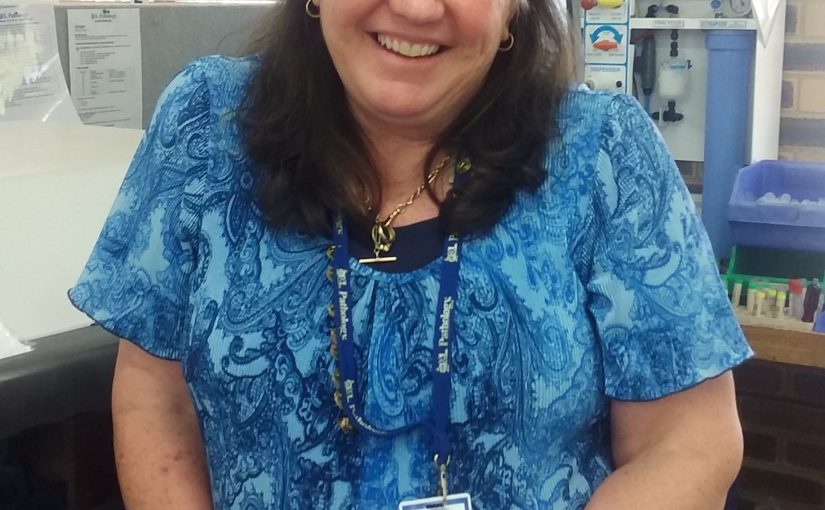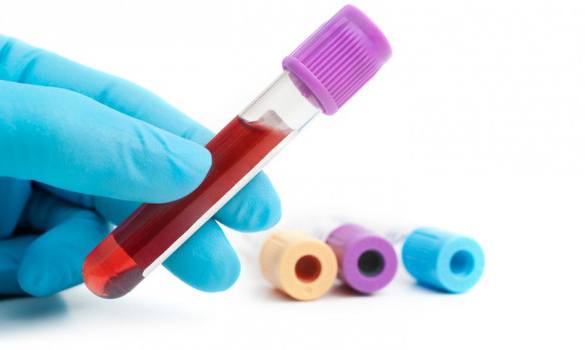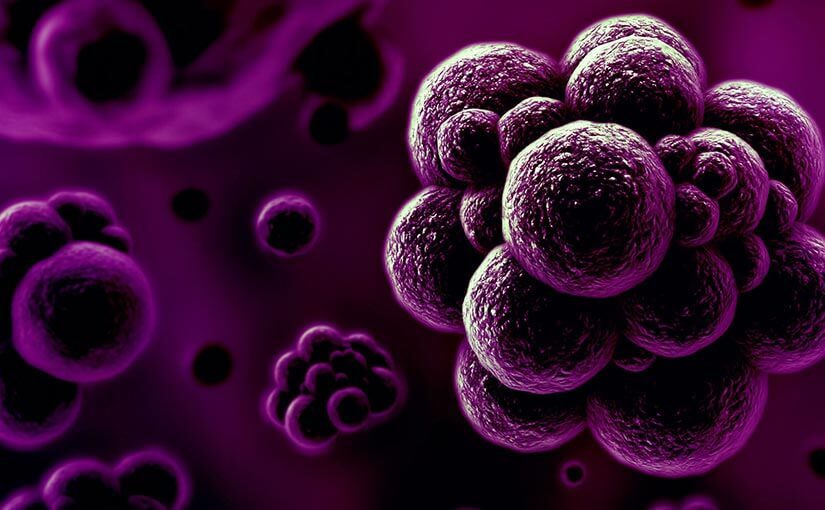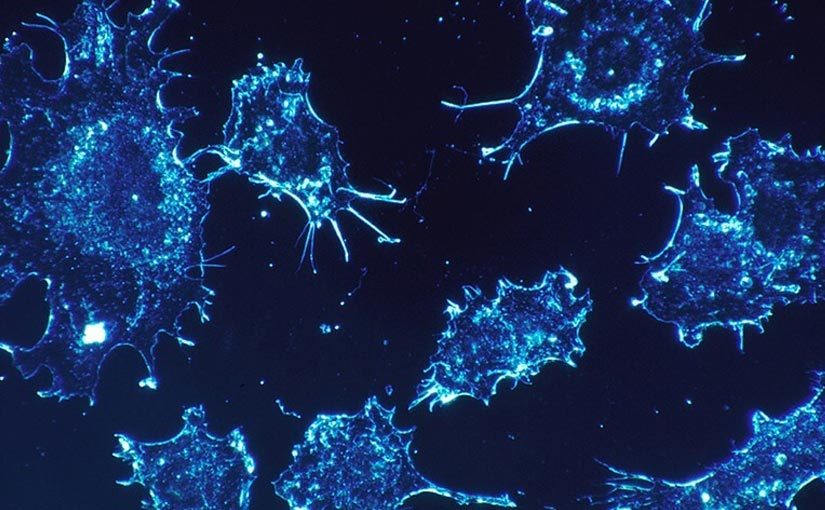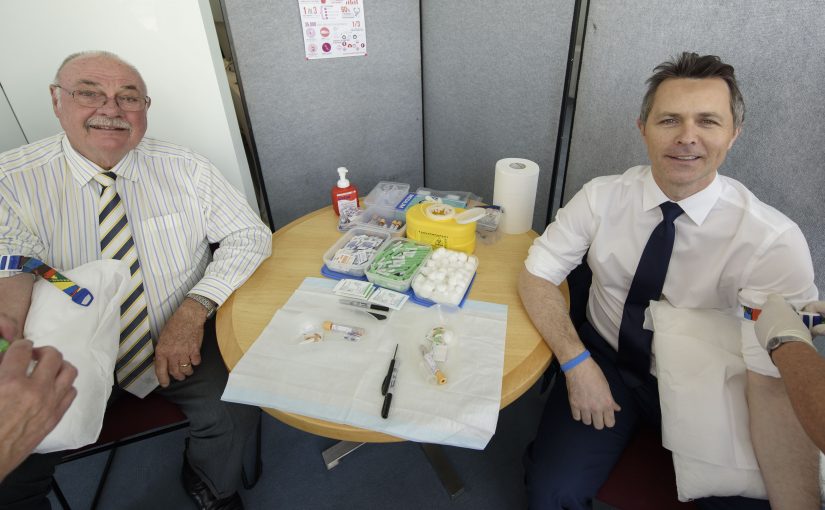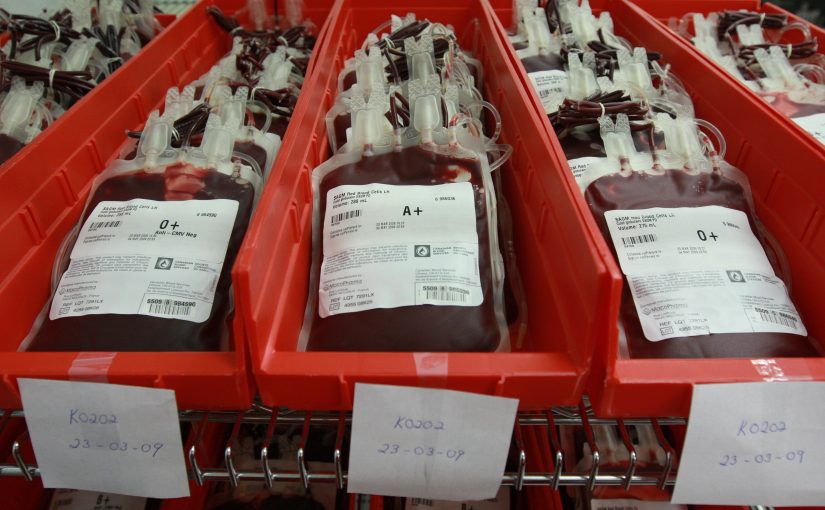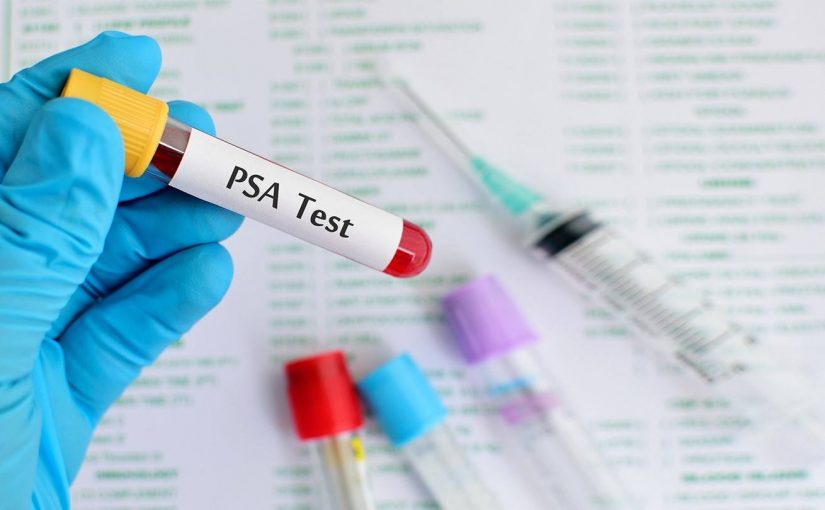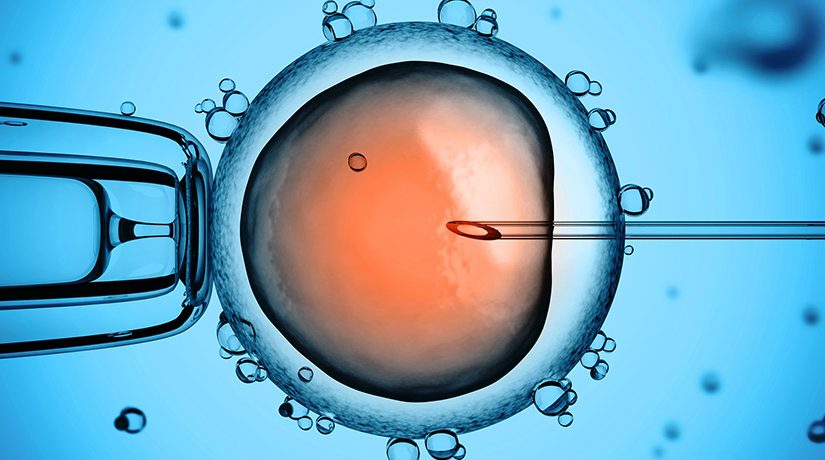Julie’s 40-year commitment to pathology
Julie Hass has been working in the same Sunshine Coast lab for 40 years and has no plans to retire anytime soon. When she began her training
A simple blood test could make it easier to diagnose Polycystic Ovary Syndrome
Polycystic ovary syndrome (PCOS) is the most common hormonal disorder in young women, affecting 12- 18% of women of reproductive age. It is
BRCA gene test brings hope for patients at high risk of breast and ovarian cancer
Australians with a family history of breast and ovarian cancer will soon be more readily able to undergo genetic tests to assess their risk
Origin unknown – how pathology is helping to fight mysterious cancers
Pathology testing is crucial for the diagnosis of cancer, as well as providing guidance for the best treatment options.
Cancer treatment
New study supports the case for CA-125 biomarker test in ovarian cancer diagnosis
Research into improving outcomes for ovarian cancer patients is ongoing but a new study out of the UK suggests that greater awareness is ne
CARAlert nothing to do with cars, everything to do with pathology
What is CARAlert and why do we need it?
CARAlert stands for Critical Antimicrobial Resistance Alert; a national initiative involving 73 p
Politicians receive prostate cancer blood tests in Parliament House
Earlier this month as part of Prostate Cancer Awareness Month, Pathology Awareness Australia and Prostate Cancer Foundation of Australia (PC
Speedy cross-matching saves three lives in one afternoon
For Geelong-based Australian Clinical Labs medical scientist, Catherine Secen-Bowlen, preparation is everything when you’re in charge of a
PSA testing – from confusion to consensus
Prostate Specific Antigen (PSA) testing has long been the subject of much debate among the medical fraternity leaving men scratching their h
Medical breakthrough or ethical minefield: Should CRISPR be used on human embryos?
CRISPR is a gene editing technology with enormous potential to cure disease
CRISPR technology has prompted international

